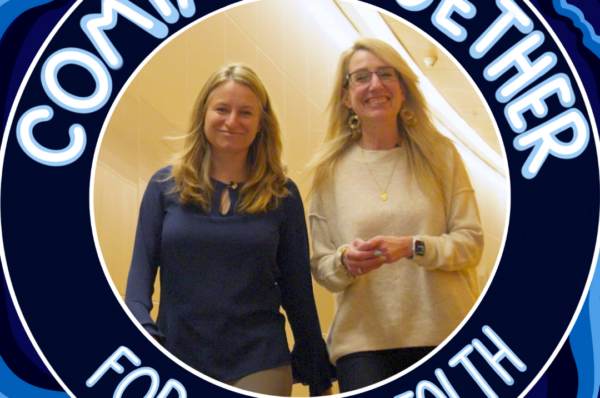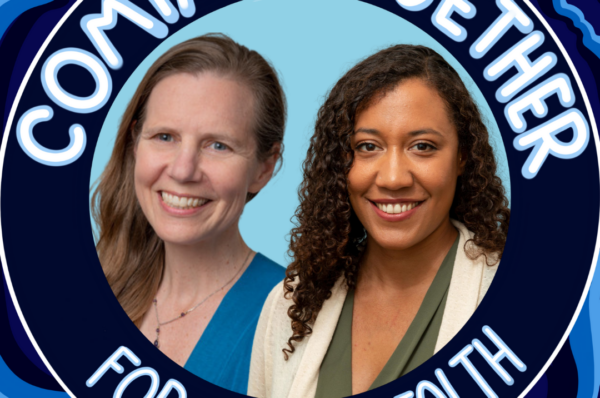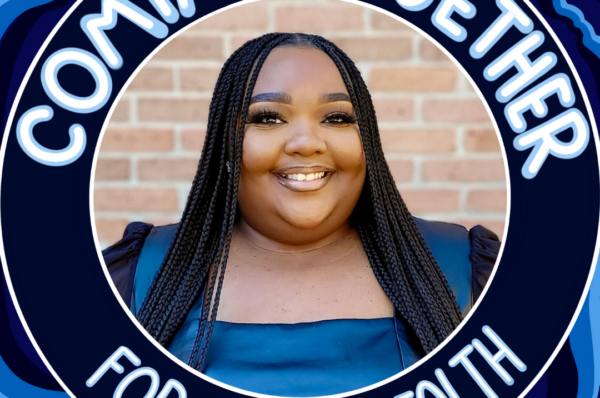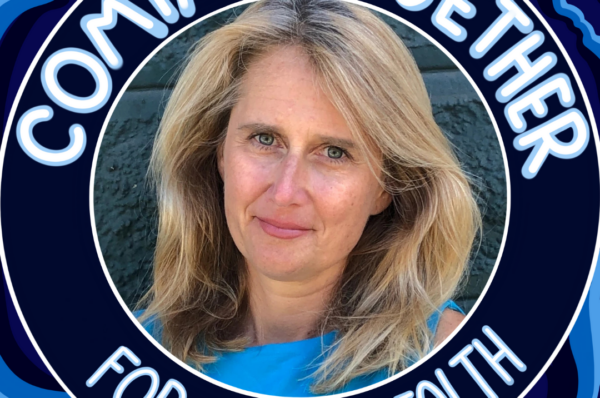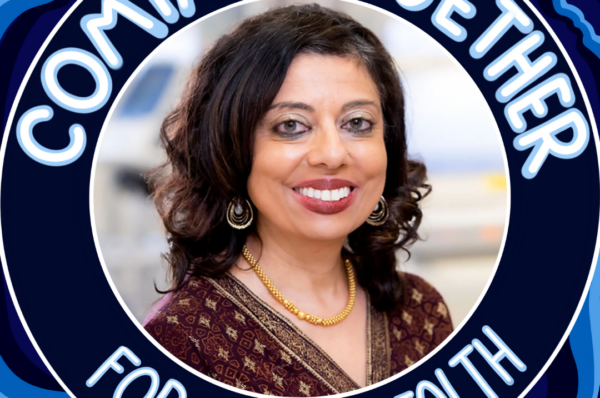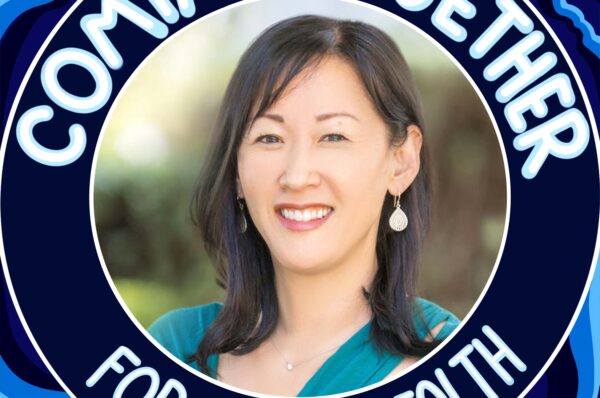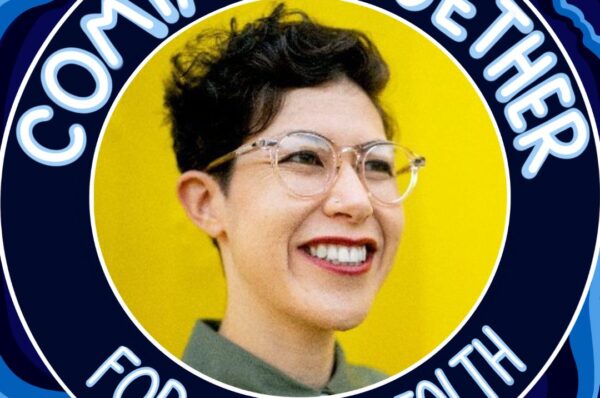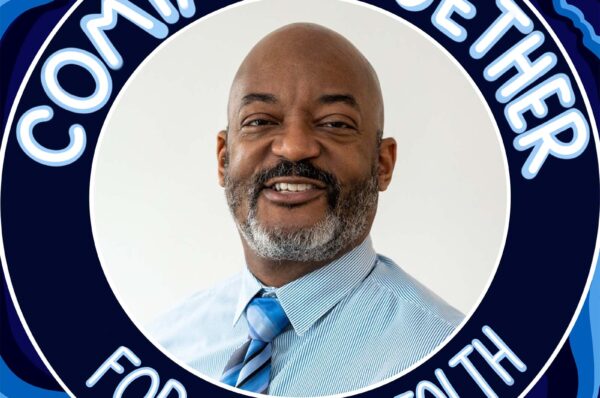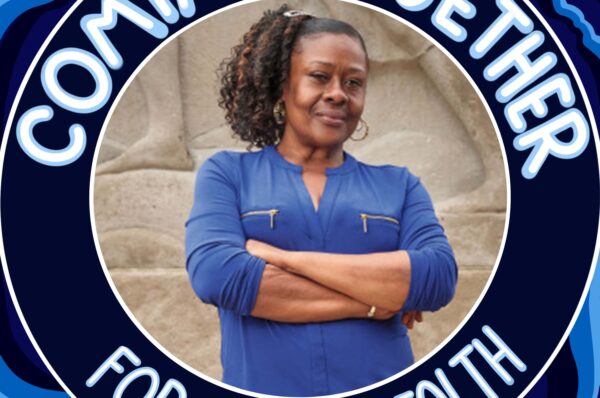Coming Together for Sexual Health
Coming Together for Sexual Health is a podcast for providers and advocates passionate about health equity and inclusive care. We unpack both the how and the why of improving sexual and reproductive health. From root structural problems to improvements in clinical care, we keep the attention on people most impacted by STIs, HIV, and emerging infectious diseases.
We are powered by leading sexual health trainers at UCSF’s California Prevention Training Center. Join our sex-positive conversations with expert clinicians, public health leaders, and community members wherever you get your podcasts.
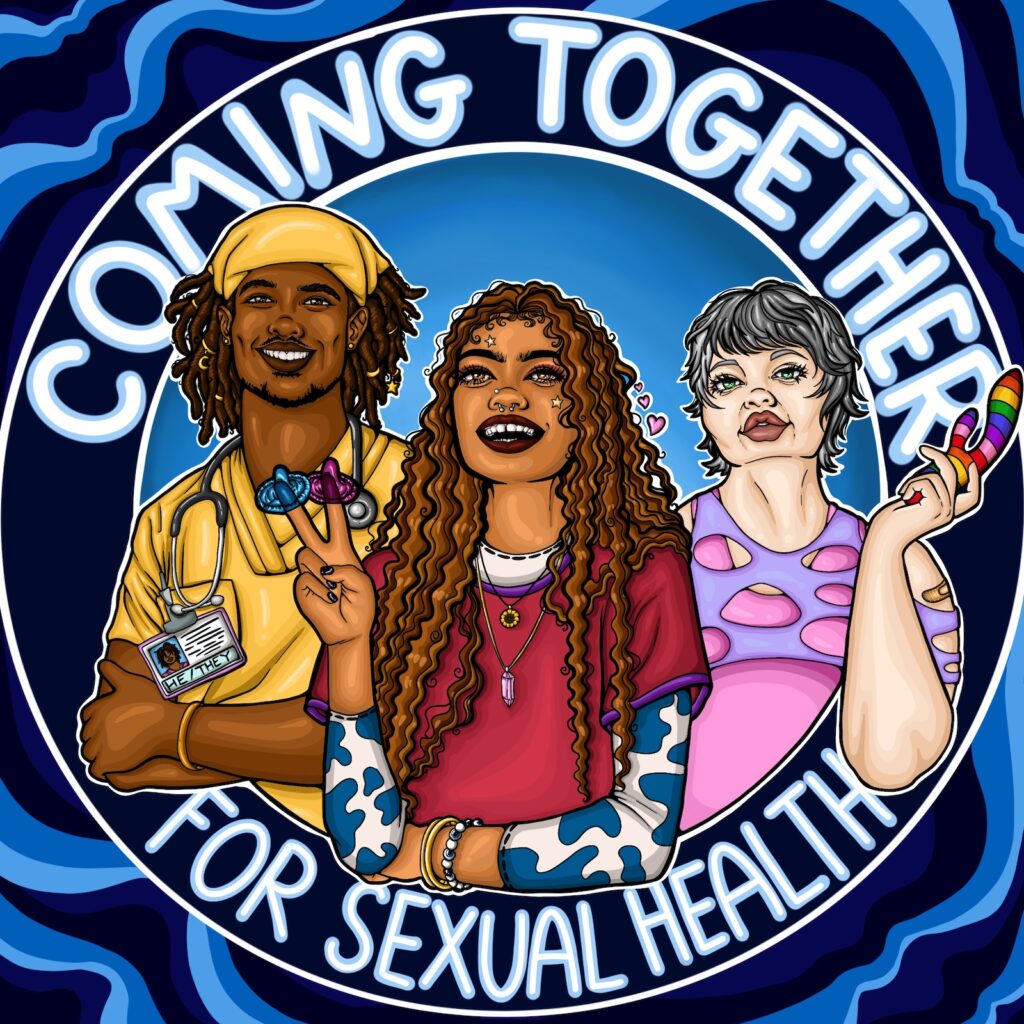

Follow us on Instagram @ComingTogetherPod!

Follow us on Bluesky using @comingtogetherpod.bsky.social
Filter
The Pelvic Floor: A Doctor and Her Patient Hold It Together
A small leak during a big laugh might hint towards a bigger story. In this episode exploring the pelvic floor, Dr. Olga Ramm and patient Nicole Curutchet answer the age-old question-…
Is Permanent Contraception Always Fool Proof? Find out with Dr. Schwartz and Dr. Treder
In this episode, Dr. Eleanor Bimla Schwartz and Dr. Kelly Treder discuss the misconceptions of tubal sterilization, for example, that is it 100% fool-proof, that the surgery is reversible, that…
Positive Women’s Network: Liberation as Women Living with HIV
Marnina Miller, co-executive director at the Positive Women’s Network (PWN), shares her experiences as a Black woman with HIV. She says, “I want liberation… I don’t want equity. I don’t…
Beyond Birth: Midwives’ Role in Sexual Health
Dr. Bethany Golden, a nurse midwife, shares the many ways midwives support sexual and reproductive health beyond childbirth. Bethany shares how midwives provide holistic, patient-centered care, including contraception, STI treatment,…
Monica Gandhi, MD: HIV as a Movement, Not Just an Infection
Monica Gandhi, MD, reflects on her decades-long work in HIV care, from providing care early in the epidemic to leading implementation of today’s groundbreaking medical advances.
Ina Park, MD, on Syphilis: The STI That Keeps Us Guessing
Ina Park, MD, is back again for a focused look at her (second) favorite sexually transmitted infection: syphilis (favorite because it’s fascinating). She says, “it’s one of the most challenging…
Compilation: Reproductive Justice and Family Planning
Check out a compilation of three previous episodes on reproductive justice and family planning.
The Clitoris and Its Friends with Rachel Gross
Did you know the visible part of the clitoris is less than one-third of its actual size? In this second part of our series with Rachel Gross, Rachel and Tammy…
Dr. Ina Park Unwraps the CDC’s New 2023 STI Report
The CDC’s 2023 STI Report is in, and for the first time in years, there’s good news. Tune in to our latest episode with Dr. Ina Park, a nationally recognized…
Vagina Obscura: A Conversation with Rachel E. Gross
Meet Rachel E. Gross, science journalist and author of Vagina Obscura: An Anatomical Voyage. In this first part of a two–part conversation, Rachel shares how her personal experience with bacterial vaginosis inspired…
S4 E9 From Red Ribbons to Leather Straps: Rodney McCoy’s Trailblazing Tale of HIV Prevention and Pleasure
S4 E9 From Red Ribbons to Leather Straps: Rodney McCoy’s Trailblazing Tale of HIV Prevention and Pleasure In this episode, Rodney McCoy, a Black queer man with over four decades…
S4 E8 Intimacy Starts with I: Women, Self-Love, and HIV with Michelle Lopez
Michelle Lopez, a bisexual Caribbean woman diagnosed with HIV, realized that women living with HIV continue to be ostracized for both wanting and having sex. Michelle knew she had to…





